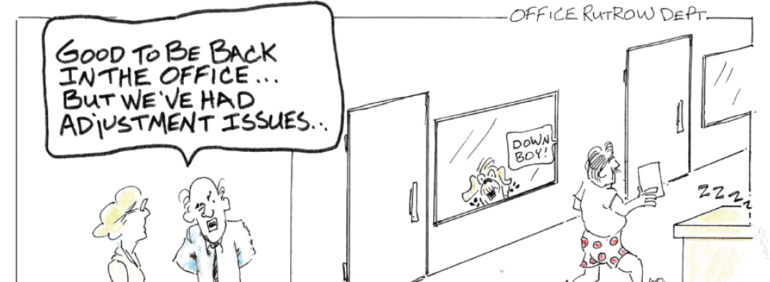False Speech — Interim License Suspension: A Word to the Wise Should Be Sufficient
On June 24, 2021, a New York court immediately suspended Rudi Giuliani’s law license, based on “uncontroverted evidence that [he] communicated demonstrable false and misleading statements to courts, lawmakers and the public at large in his capacity as lawyer for former President Donald J. Trump and the Trump campaign in connection with Trump’s failed effort at reelection in 2020.”


